Thoughts turn to towards COP26 in Glasgow – what has it got to do with Northern Ireland and local businesses? The impact of the global COVID-19 pandemic has changed the world forever and our thinking about how we do business. It has forced us to review the most important parts of our lives and those we share it with.
As with any societal shock, we find ourselves surreally standing still in the middle of a different environment – trying to calmly relate what has just happened in our own lives and those closest to us. A place familiar but dramatically changed – personal health, job security, sustainable income and the regional economy all different – more than we will probably want to admit to ourselves, or we can imagine at this stage.
As the NI Executive, councils and COP26 delegates look at recovery plans and businesses start to slowly put back together livelihoods in what new form it may take. There will be real losses and gains for everyone – but we must not leave anyone behind.
Recovery will be dependent on our business and personal resilience – and correctly reading ‘the room’ to where recovery will come.
We can be the first green region in the UK and Ireland! We have a strong offer – being a small region has given us competitive advantage to respond more quickly to shifting markets. We have a solid skills base and a proud entrepreneurial legacy – but we now need a vision (and renewed structure) to seek change and opportunity.
There is opportunity – if we stand back a little – challenge preconceived ideas and take a little risk. A green and just transition offers us a platform to be a place apart for the right reasons.
During COP26 – we will be told that global governments have trillion-dollar green recovery plans, and that the world’s biggest firms have shifted their operations towards sustainable trading principles around resources efficiency, corporate responsibility, and social impact?
When continents and big businesses start to move in the same direction towards a global green economy – Northern Ireland’s business and economy can’t afford to ignore or dismiss. With businesses opportunity comes investment and jobs.
The global transition has already started, let’s not waste time and the real opportunities a greener economy holds for our local businesses, farmers, communities and young people.
The path to green economy is achieved through better use of resources, technology and management practices. For example, SMEs operating in eco-design, renewable energy, energy efficiency and sustainability are spearheading the transition towards a sustainable economy.
For some businesses, they are not interested (or see no value), an increasing number see emerging trends, while others – particularly larger firms – have changed their operational models and practices. Or are at least preparing to.
Consumers are also driving demand for change (and a rethink) – and aligning their spending to retailers and services that most closely mirror their own socially and environmentally attitudes.
The socially and environmentally aware costumer will vote with their cash, and their feet on the high street and online.
Why are banks, financial services along with big corporates keen to join this green economy transition? All see the value of engaging early in regional sustainable activity to stimulate and incentivise economic (and profitable) recovery.
Our small local businesses are pivotal for leading our regional economic recovery. For example, eco-friendly retail and services (including the use of eco-friendly packaging), local farmers markets, organic catering, community gardens, repair workshops, online educational and business support services, hand-made natural / organic products, and waste recycling,
The question for Northern Ireland businesses is this: what could you achieve by adopting a greener business model? What would be the sustainable value to your business and profits be if you were prepared to share (and shape) a future Northern Ireland green economy?
This vision of change can’t be delivered by business leaders and consumer trends alone. It has to be delivered in partnership with the NI Executive, local councils, trade unions and the community – in particular enabling meaningful policy and regulations.
We need to strike the right balance between government regulation to drive innovation and financial incentivisation for co-creating and establishing Northern Ireland’s green economy. A sustainable economic recovery needs good economic and finance policy design and delivery – across government (and council) planning, procurement and local economic development – to enable regional change and create jobs.
The lesson the pandemic has taught is that we move together we can’t afford not to work collectively in making Northern Ireland better for all. Here the watchword should be ‘co-creating’ solutions and building a post-COVID-19 economy – a fair, thriving and prosperous Northern Ireland. A silver bullet to all our economic ills – no! But maybe a small step in the right direction? What we need to consider, and share is a local sustainable economic vision now and post COP26 – for as the good book says, ‘Without vision, there the people perish’.
Dr. Ken BISHOP
Linen Quarter BID

